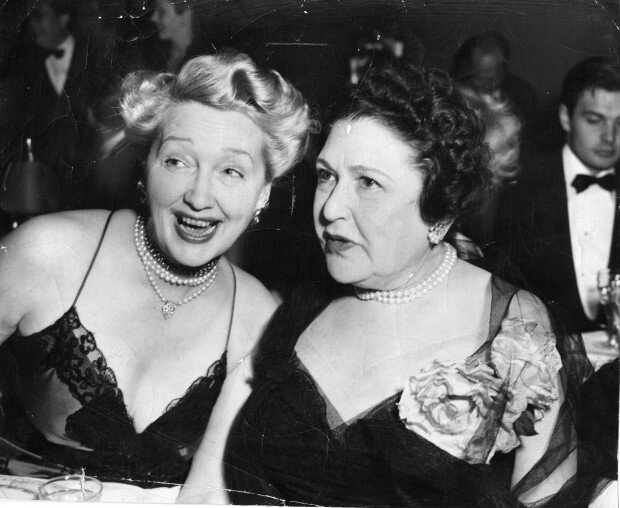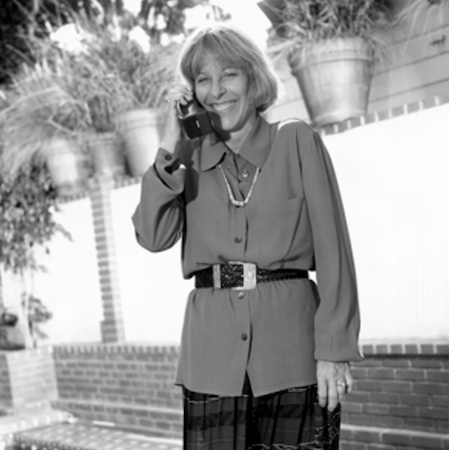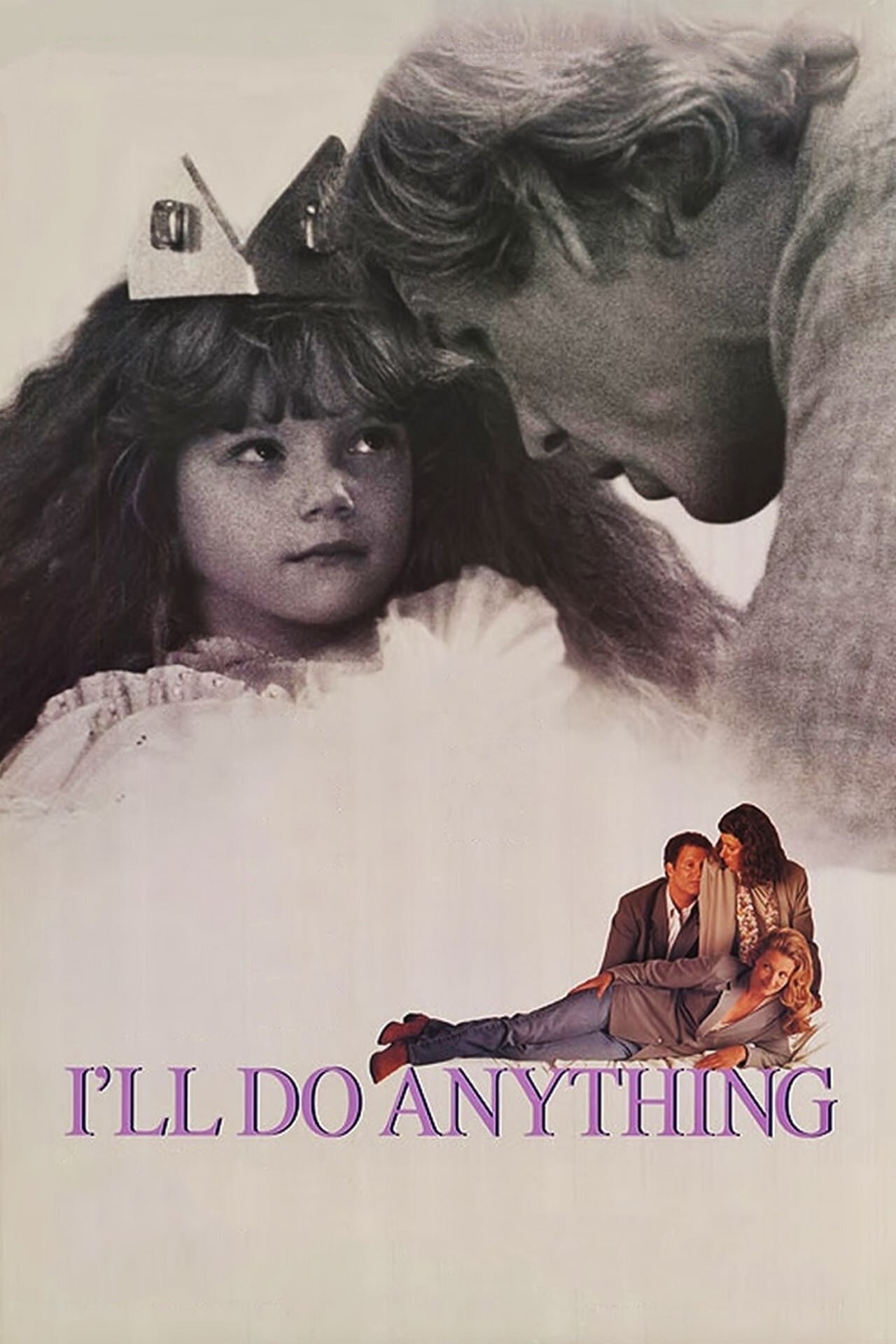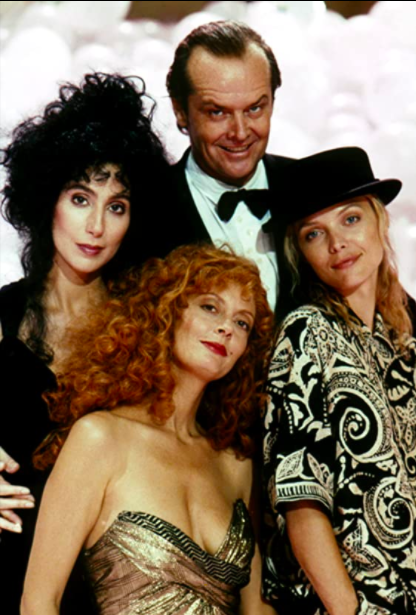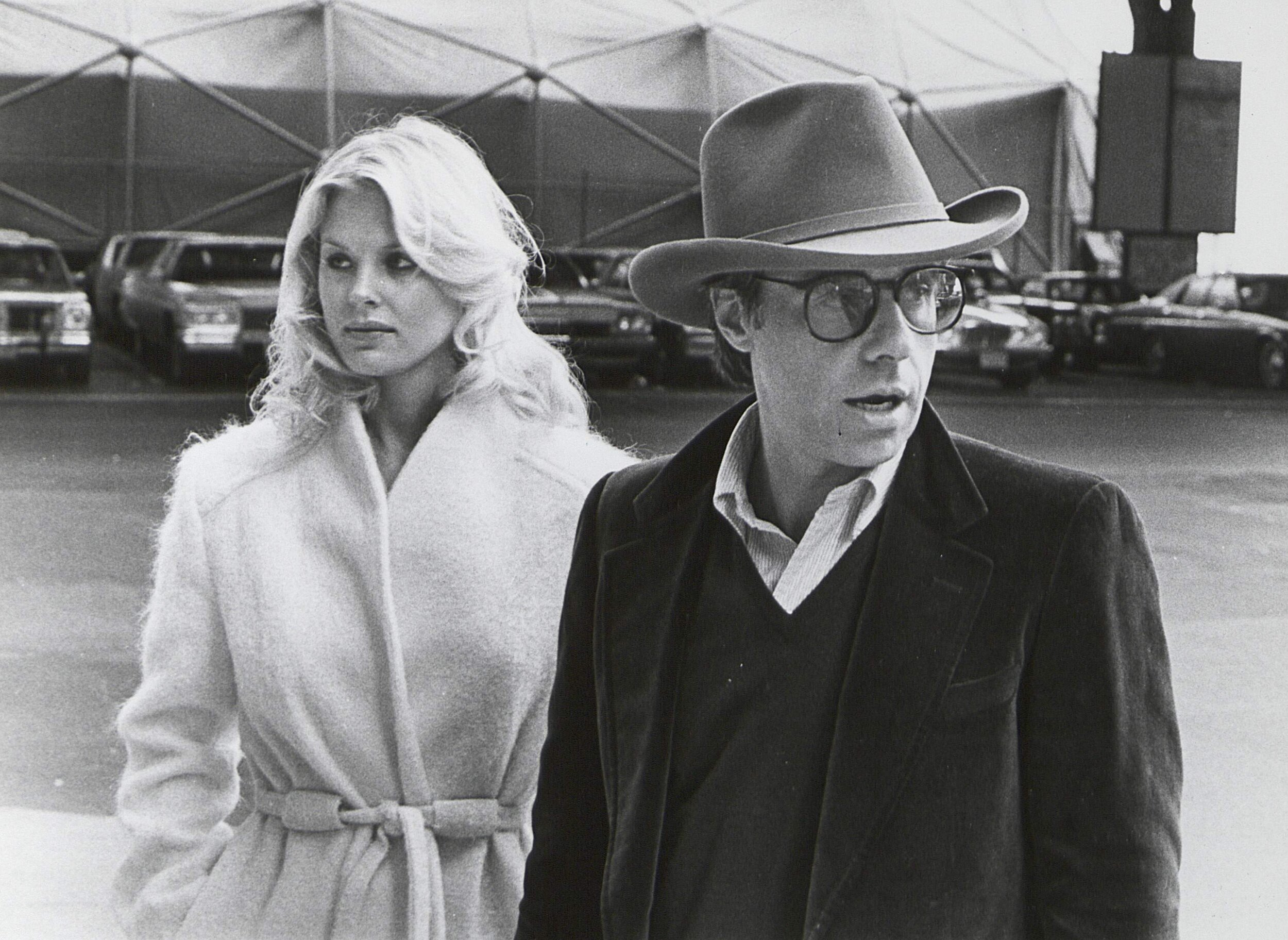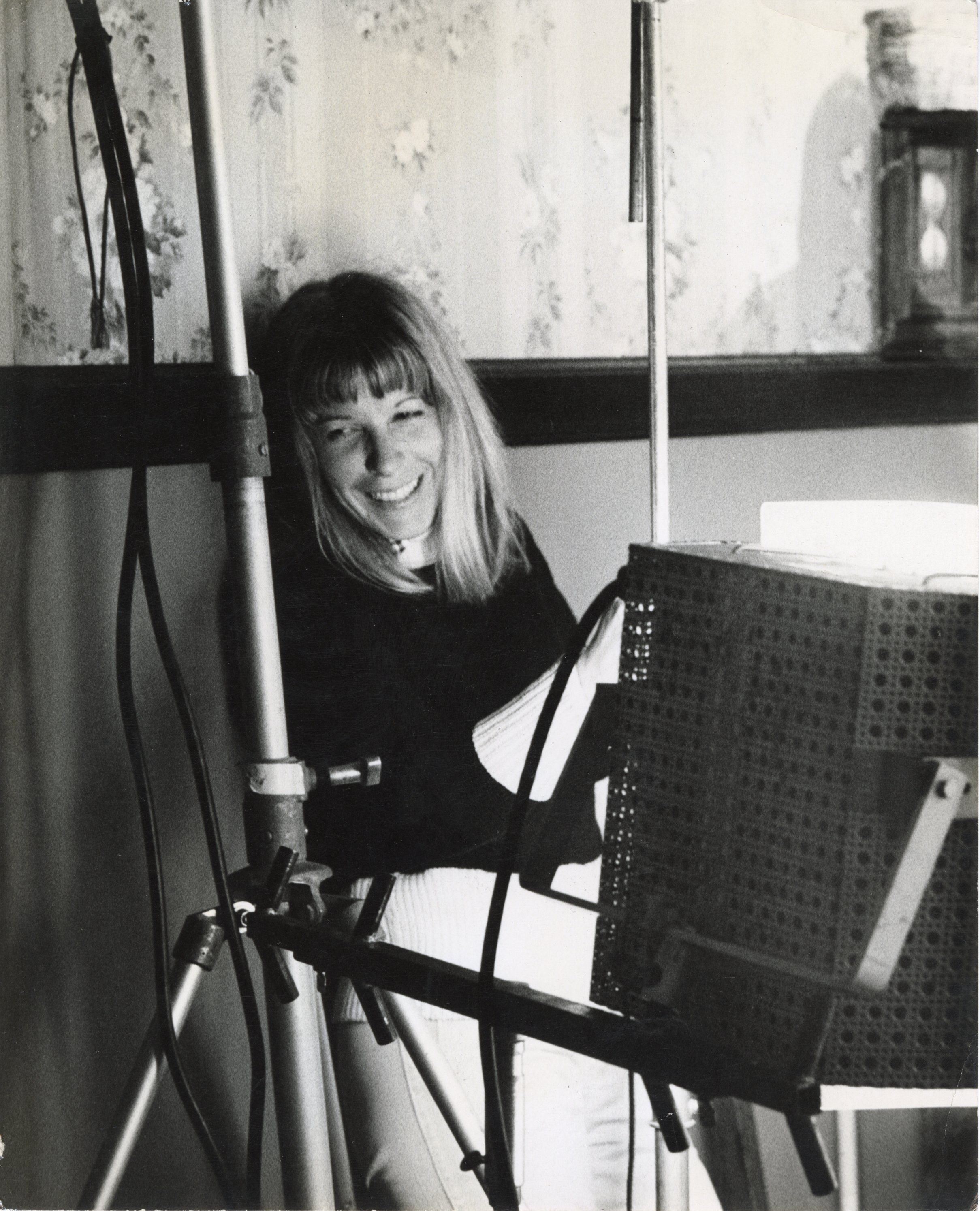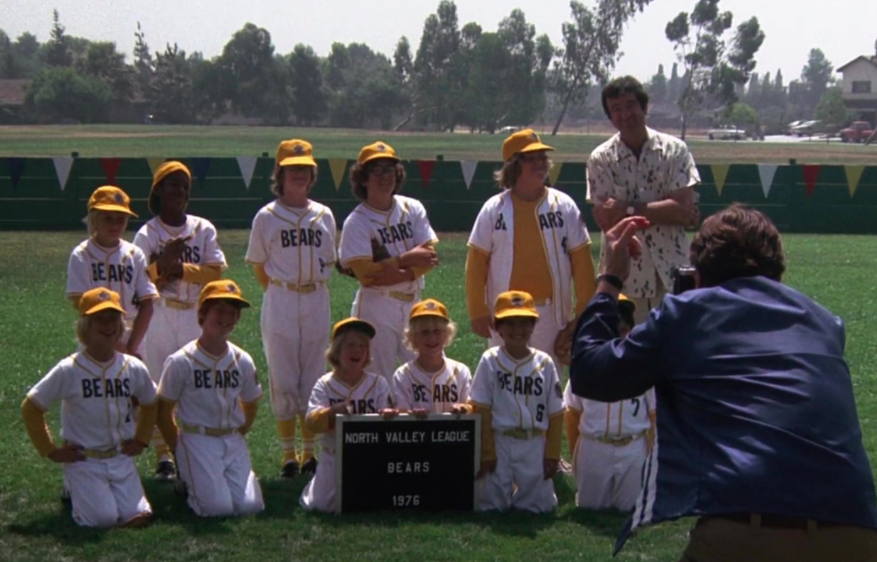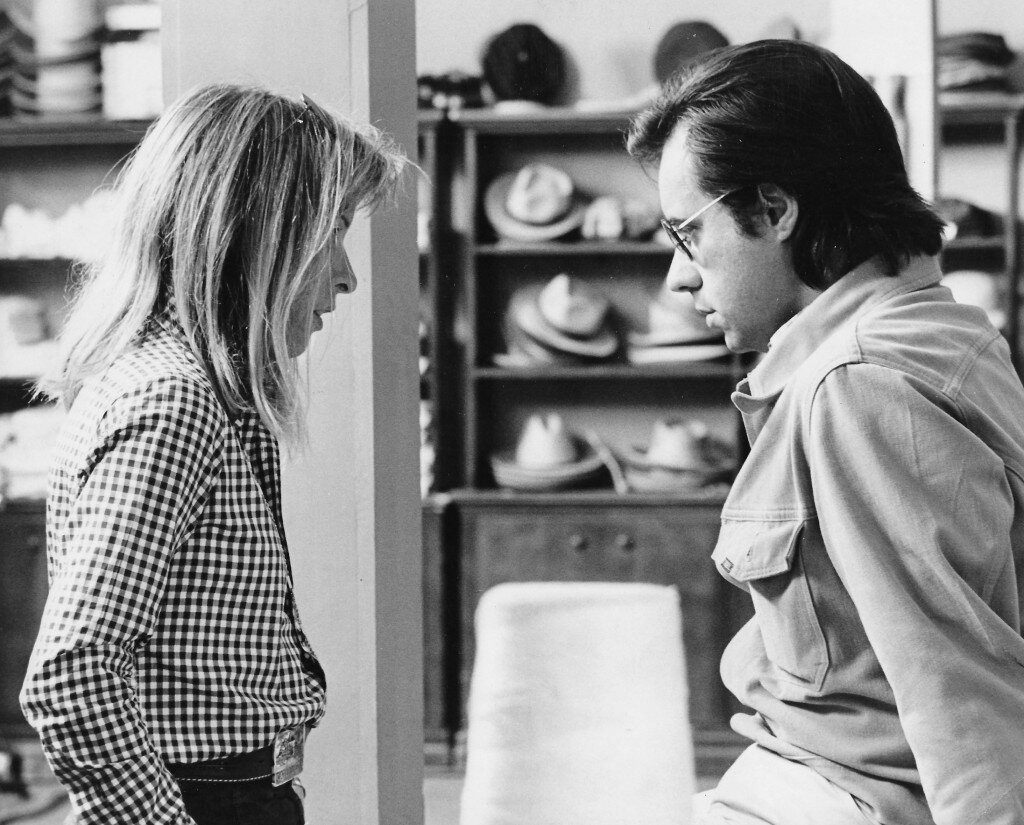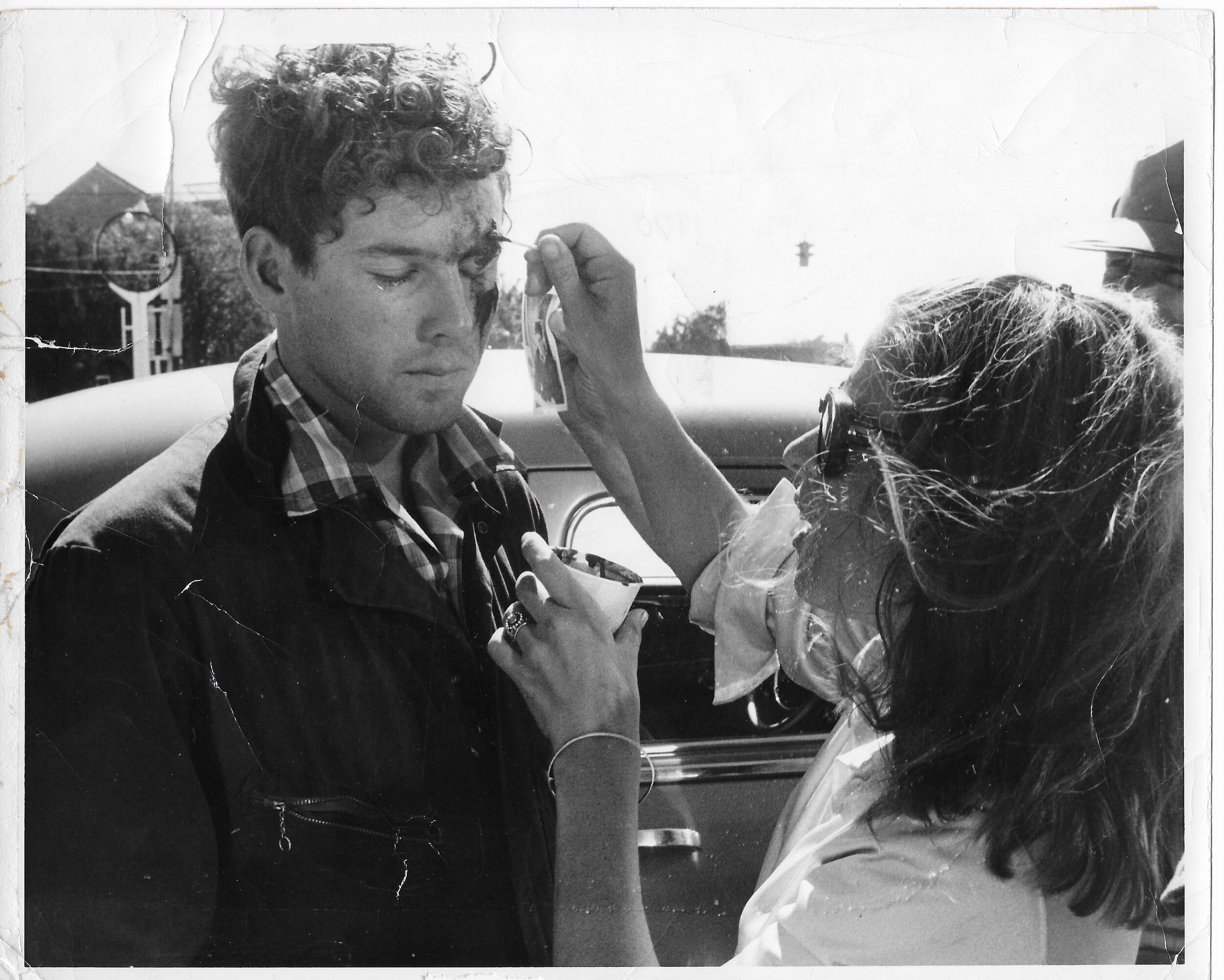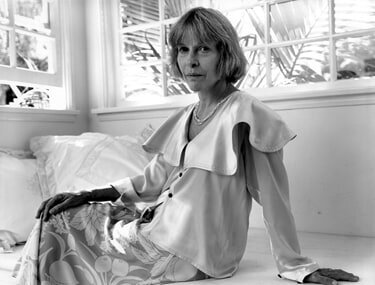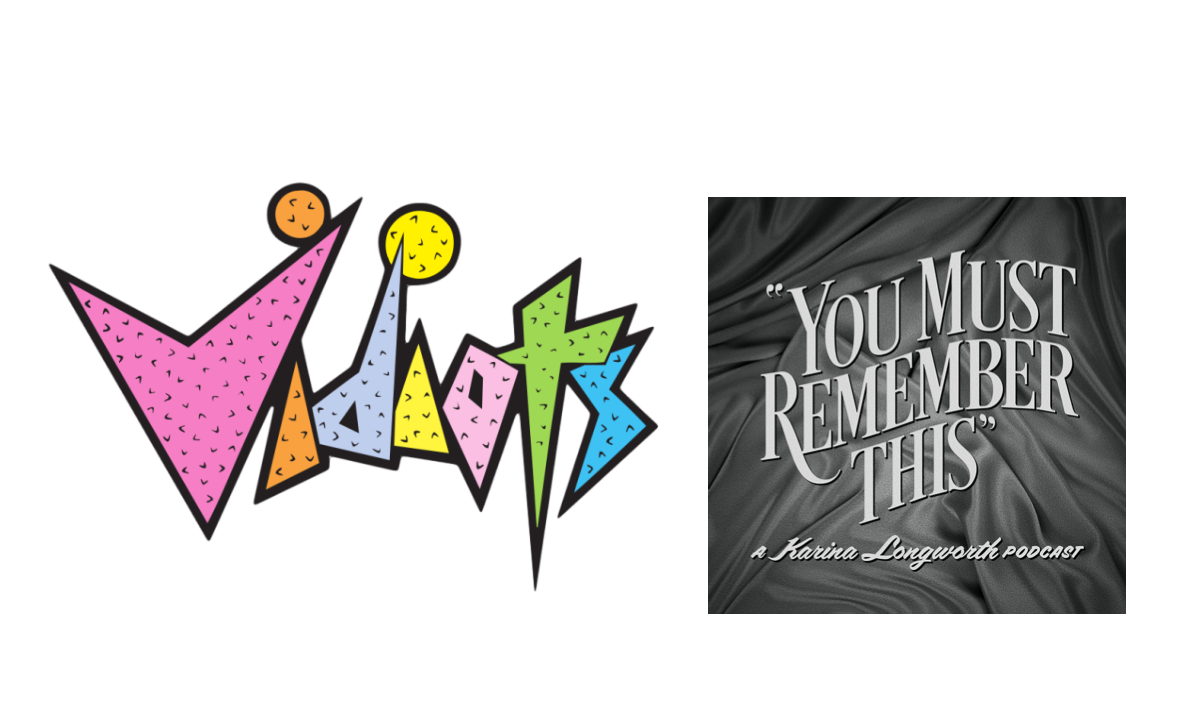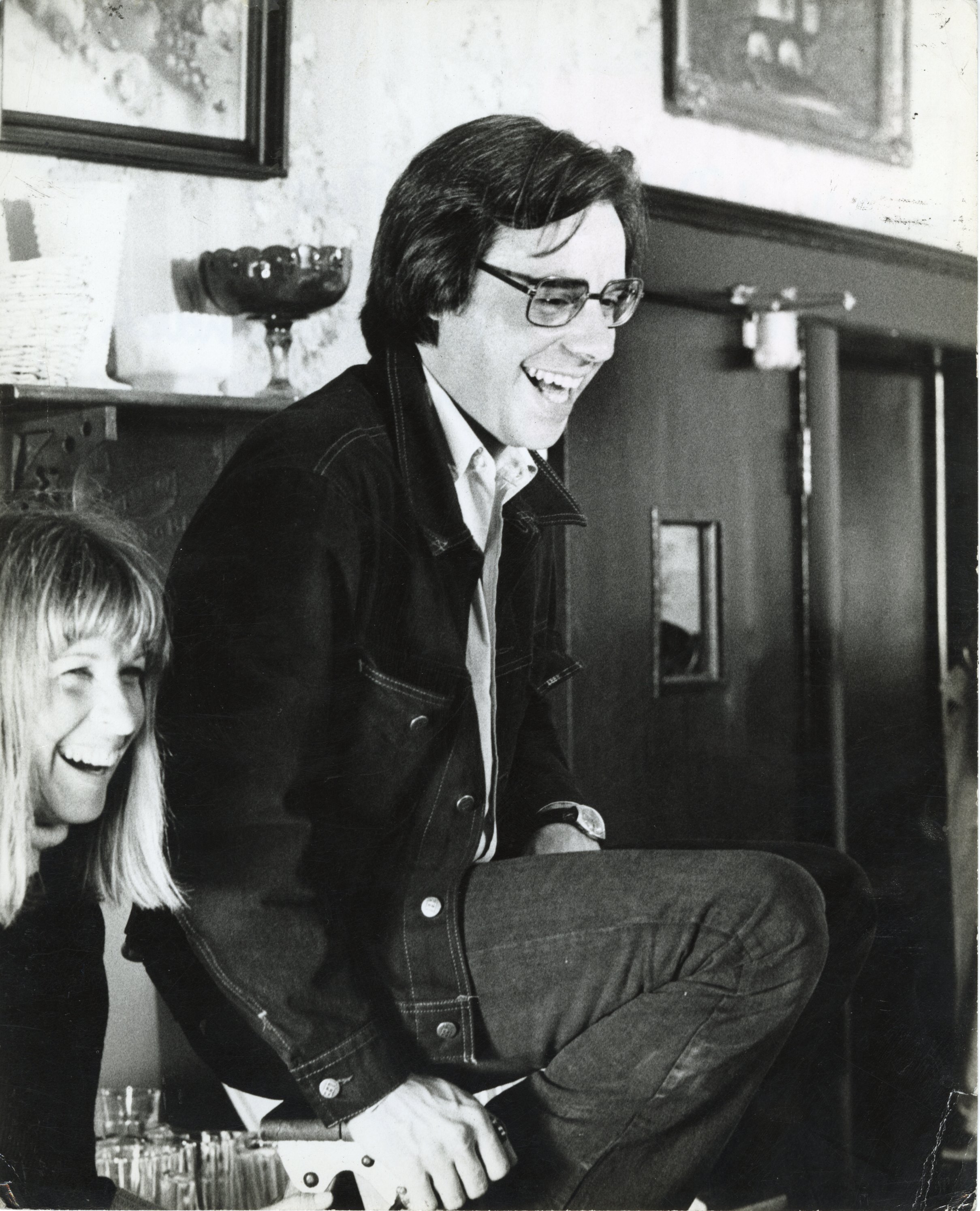Listen to this episode on Apple Podcasts or Spotify.
In 1938, washed-up actress Hedda Hopper is installed as a movie gossip columnist with the express purpose of puncturing the success of Louella and Hearst. But Hedda quickly establishes a voice of her own, revolutionary for its insistence on making movie gossip political. Once friends, Louella and Hedda become bitter rivals, egged on in their feud by a third party who sees Hedda as an ally in right-wing conservatism.
SHOW NOTES:
Sources for entire season:
Hedda Hopper’s Hollywood: Celebrity Gossip and American Conservatism by Jennifer Frost
The First Lady of Hollywood: A Biography of Louella Parsons by Samantha Barbas
The Whole Truth and Nothing But by Hedda Hopper
From Under My Hat by Hedda Hopper
Tell it to Louella by Louella Parsons
The Powers That Be by David Halberstam
Hearst Over Hollywood: Power, Passion, and Propaganda in the Movies by Louis Pizzitola
The Chief: The Life of William Randolph Hearst by David Nasaw
Dish by Jeannette Walls
Privileged Son: Otis Chandler And The Rise And Fall Of The L.A. Times Dynasty by Dennis Mcdougal
Hedda and Louella: A Dual biography of Hedda Hopper and Louella Parsons by George Eells
Sources specific to this episode:
My Hollywood by Sheilah Graham
“Visionaries and scoundrels made the Los Angeles Times, which returns to local ownership after 18 years” by Joe Mozingo, June 17, 2018, Los Angeles Time
“The Powerful Rivalry of Hedda Hopper and Louella Parsons” by Amy Fine Collins, April 1, 1997, Vanity Fair
“Double Date” September 22, 1941, TIME Magazine
Music:
The music used in this episode, with the exception of the intro, was sourced from royalty-free music libraries and licensed music collections. The intro includes a clip from the film Casablanca.
Excerpts from the following songs were used throughout the episode:
"Krok" by Simple Machines
"Pips and Boil" by Confectionery
"Crumpet" by Confectionery
"Heath" by Moon Juice
"Mr Mole and Son" by Love and Weasel
"One Quiet Conversation" by K2
"Pxl Htra" by The Fence
"Eggs and Powder" by Muffuletta
"Trenton Channel" by Reflections
"Respite" by Desert Kalimba
"Net and the Cradle" by Muffuletta
"Copley Beat" by Skittle
"Ewa Valley" by Cloud Harbor
Credits:
This episode was written, narrated and produced by Karina Longworth.
Special thanks to our special guests. Julie Klausner played Louella Parsons. Julie wrote, created and starred in Difficult People, which you can watch on Hulu. She and Tom Scharpling also have a podcast, Double Threat, which you can and should find wherever you get your podcasts. Cole Escola played Hedda Hopper. Cole is an actor who appears on Search Party and At Home with Amy Sedaris.
Our editor this season is Evan Viola.
Research and production assistant: Lindsey D. Schoenholtz.
Social media assistant: Brendan Whalen.
Logo design: Teddy Blanks.









